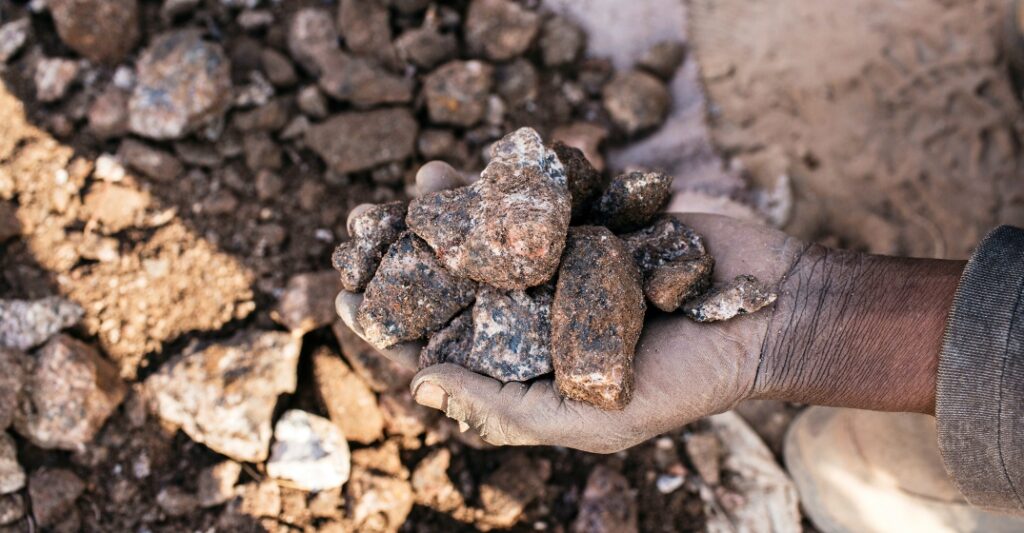
The Democratic Republic of Congo (DRC) has emerged as a major player in the global cobalt market, with abundant reserves and significant production capacity.
However, the nation now finds itself facing a unique challenge – overproduction. DRC’s cobalt output has exceeded 115,000 tons, while demand currently stands at over 210,000 tons.
In response to this situation, Léonide Mupepele, the Director General of Bicotim in the DRC, emphasizes the need for a strategic approach to control the market and ensure the country’s active participation in the entire value chain of strategic metals.
The Cobalt Conundrum: Cobalt, a vital component in rechargeable batteries and essential for electric vehicles, has witnessed a surge in demand driven by the global transition towards cleaner energy sources. The DRC, home to the world’s largest cobalt reserves, has been a key supplier, accounting for more than 70% of the global production.
However, the growing disparity between supply and demand poses both opportunities and challenges for the country.
Leveraging Overproduction: The DRC’s overproduction of cobalt may seem like an issue at first glance, but it presents a unique opportunity for the nation to solidify its position in the strategic metals market. With the right strategy and approach, the DRC can transform its image from solely a country of extraction to a major player engaged in the entire value chain.
Diversification and Value Addition: To establish a strong presence in the strategic metals market, it is imperative for the DRC to move beyond raw cobalt production and focus on diversifying its offerings. This entails investing in downstream industries such as refining, processing, and manufacturing of cobalt-based products.
By engaging in value addition activities, the DRC can capture a larger portion of the market share and create more employment opportunities for its citizens.
Investment in Infrastructure and Technology: To support the expansion of the strategic metals value chain, the DRC must prioritize investment in infrastructure and technology.
Upgrading transportation networks, establishing reliable power supply, and developing advanced processing facilities will enhance the country’s competitiveness in the global market.
Additionally, investing in research and development will enable the DRC to innovate and develop new applications for cobalt, further strengthening its position as a leading player in the industry.
International Collaborations and Partnerships: To effectively control the market and expand its reach, the DRC should actively seek international collaborations and partnerships.
By forging alliances with global players in the cobalt industry, the DRC can gain access to expertise, capital, and advanced technologies.
Such collaborations can foster knowledge exchange, create opportunities for joint ventures, and enable the transfer of skills necessary for developing a robust strategic metals sector.
Sustainable Mining Practices: As the DRC seeks to establish itself as a leader in the strategic metals market, it must prioritize sustainable mining practices.
This includes ensuring responsible mining techniques, promoting environmental conservation, and prioritizing the well-being of local communities.
By adhering to international standards, the DRC can attract ethical investors and enhance its reputation as a reliable source of strategic metals.
The DRC’s cobalt overproduction, while presenting a challenge, is also a unique opportunity for the nation to assert itself as a dominant player in the global strategic metals market.
By diversifying its offerings, investing in infrastructure and technology, seeking international collaborations, and practicing sustainable mining, the DRC can position itself as a country engaged in the entire value chain of strategic metals.
With the visionary leadership of Léonide Mupepele and the collective efforts of the government, industry stakeholders, and the international community, the DRC can emerge as a leading force in





